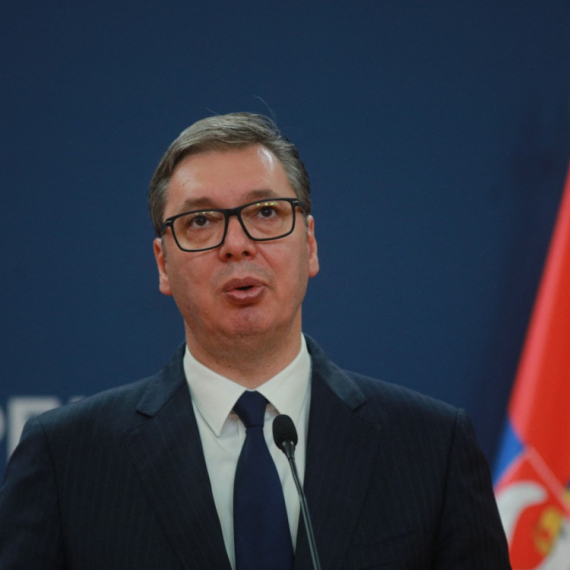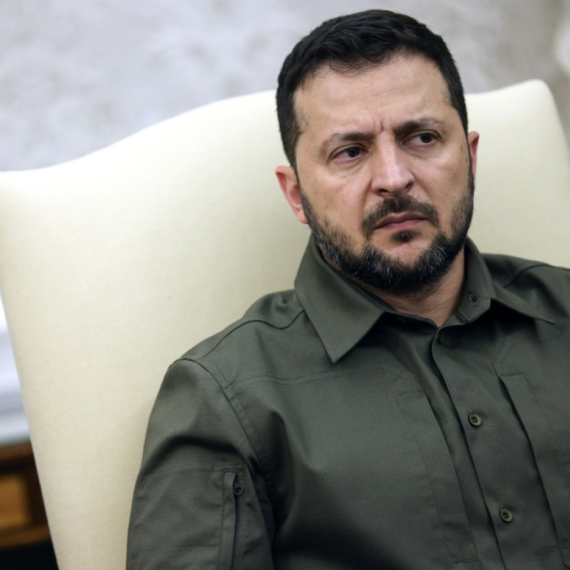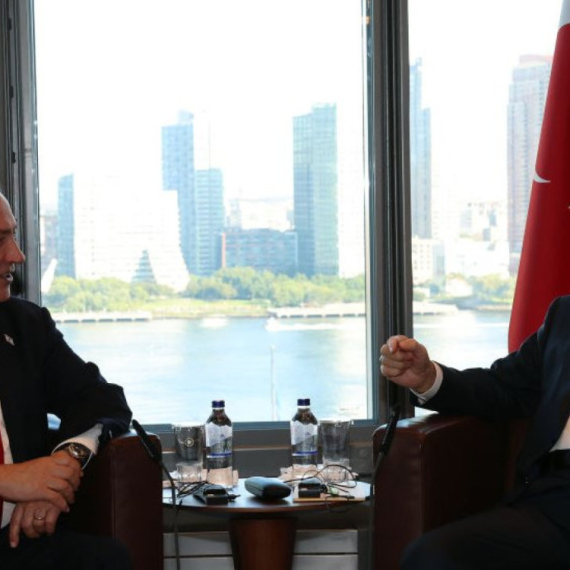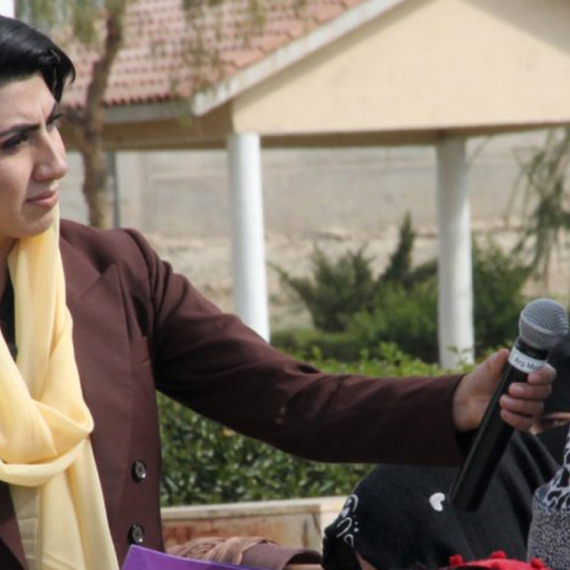IMF representative: Keep wages frozen
IMF representative to Serbia Bogdan Lissovolik says he did not talk with the government about the union requests to increase the public sector salaries.
Monday, 25.01.2010.
10:33

IMF representative to Serbia Bogdan Lissovolik says he did not talk with the government about the union requests to increase the public sector salaries. But he noted that the current stand-by loan arrangement between Serbia and IMF envisages that pensions and salaries in the public sector remain frozen in 2010. IMF representative: Keep wages frozen “A possible increase of salaries could be realized by decreasing the number of employees, through announced reorganization of the public enterprises. There is also the issue of solidarity, having in mind that the rest of the salaries in the public sector and pensions are frozen.” “If they were unfrozen, the deficit would raise from the planned four to six percent of the GDP. That would be too high a deficit, which would carry the risk of destabilizing the Serbian economy,” Lissovolik said in an interview for the Monday edition of Belgrade daily Vecernje Novosti. He pointed out that more effort should be put in order to actually carry out reforms in firms which are the property of state. “Some of the enterprises should be prepared for a full or partial privatization. The sector of public companies in Serbia is still too large and its restructuring would give more chance for the development of the private sector,” said the IMF official.
IMF representative: Keep wages frozen
“A possible increase of salaries could be realized by decreasing the number of employees, through announced reorganization of the public enterprises. There is also the issue of solidarity, having in mind that the rest of the salaries in the public sector and pensions are frozen.”“If they were unfrozen, the deficit would raise from the planned four to six percent of the GDP. That would be too high a deficit, which would carry the risk of destabilizing the Serbian economy,” Lissovolik said in an interview for the Monday edition of Belgrade daily Večernje Novosti.
He pointed out that more effort should be put in order to actually carry out reforms in firms which are the property of state.
“Some of the enterprises should be prepared for a full or partial privatization. The sector of public companies in Serbia is still too large and its restructuring would give more chance for the development of the private sector,” said the IMF official.

























































Komentari 7
Pogledaj komentare